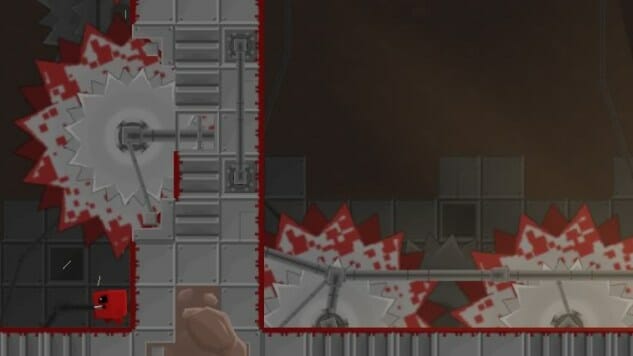
No one knows how to sell games anymore.
Gaming is hard to define as a market. Sure, there are the big-budget AAA studios raking in disclosed fortunes in dollars, and the high-profile events like E3 or The Game Awards that show an outward-facing picture of what the videogaming ecosystem is. But it’s only a sliver of what constitutes the whole.
According to a report from SteamSpy’s Sergey Galyonkin, the top 0.5% of games on Steam made up a massive 50% of all registered titles in 2017. Indie games, once the bread and butter of the lower-priced games market on Steam, now command a median ownership per game of only 1500 titles—a substantial decrease from a 32000 median ownership in 2015.
As mentioned in the report, a lot of this has to do with sheer numbers. More games are being released every year, with a massive 7696 games released in 2017, nearly doubling 2016’s release count of 4207. While the number of registered users is growing at a steep rate, their purchasing rates seem to be slowing, with the median amount of games owned by new users considerably lower than earlier adopters.
All of this leads to a massive amount of uncertainty by those hoping to release games in the modern market, and it’s an anxiety that doesn’t look to be disappearing any time soon.
In a recent talk at GDC, David Langeliers of Illfonic, developers of Friday The 13th: The Game, noted that proximity-based voice chat was something that he argued against vehemently in his development time on the game. He felt like it would be ultimately pointless, as players would resort to out-of-game voice chat programs like Skype or Discord, and not use the feature to its full potential. But, he notes, he’s willing to admit that he was wrong, and that proximity-based voice chat was instrumental in many of the game’s most virally shared moments. Streamers and YouTubers used the function both for humor and added horror, even if the greater playerbase may have not touched the function.
Langeliers was wrong about the voice chat, but he wasn’t working from an absurd baseline. His point—that players would sidestep limitations since they had other options—was based in sound reasoning, and seems to have been mostly correct. It just didn’t end up playing out the way he expected it to.
And that is the overall problem: people are doing what they think will work and it’s not working. Steam’s longtime reputation as the key to a well-selling game is no longer stable, and the paths to “successful” indie development have become more closed off.
This is, in a nutshell, why the console cycle was always beneficial to the games development circuit. With a reasonable guarantee of refreshed hardware every few years, no console-specific market would ever dominate. Once the PlayStation 2 was nearing saturation, the PlayStation 3 was announced, and its comparatively smaller market was an easier path toward financial success for those who could get on it.
As much as cries of “put it on the Switch!” are mocked for overuse, the Nintendo Switch is, in many ways, comparable to the mid-2000s Xbox Live Arcade market: Small, controlled, and with a high enough install base of hardware in order to have most of the games on it be relatively well-selling, regardless of their quality or critical reception. Super Meat Boy, an early darling of the XBLA scene, debuted on the Switch to “shockingly close” sales to the Xbox 360 version in 2010. The logic holds: if there are a lot of Switches, and not a lot of games on the Switch, the games that do exist will dominate the scene.
All this leads to the main problem: games that can’t make it onto these more exclusive markets are left to fend in the wide open internet, which is nowhere near as friendly to games—even critically acclaimed games—as it might have been a few years past. Johnnemann Nordhagen, developer on Where The Water Tastes Like Wine (a game shown at a number of conventions and trade shows, as well as being shown as a main stage trailer at The Game Awards in 2015), had an early response of less-than-stellar sales, even as critical reception was generally positive.
The early sales of Where The Water Tastes Like Wine are not unique in the games sphere, especially with titles released by small teams and published by non-AAA studios. The conventional wisdoms that underscored games development in the indie boom of the late 2000s seem to be falling apart—a game can do everything “right” and still end up with disappointing sales numbers.
Whether or not you believe in the so-called “indiepocalypse”, the truth is that the games market is saturated today to a degree that we are still grappling with. Where it leads us, no one can say, but wherever we are is uncharted territory—and the dangers of it are becoming more and more pronounced.
Dante Douglas is a writer, poet and game developer. You can find him on Twitter at @videodante.